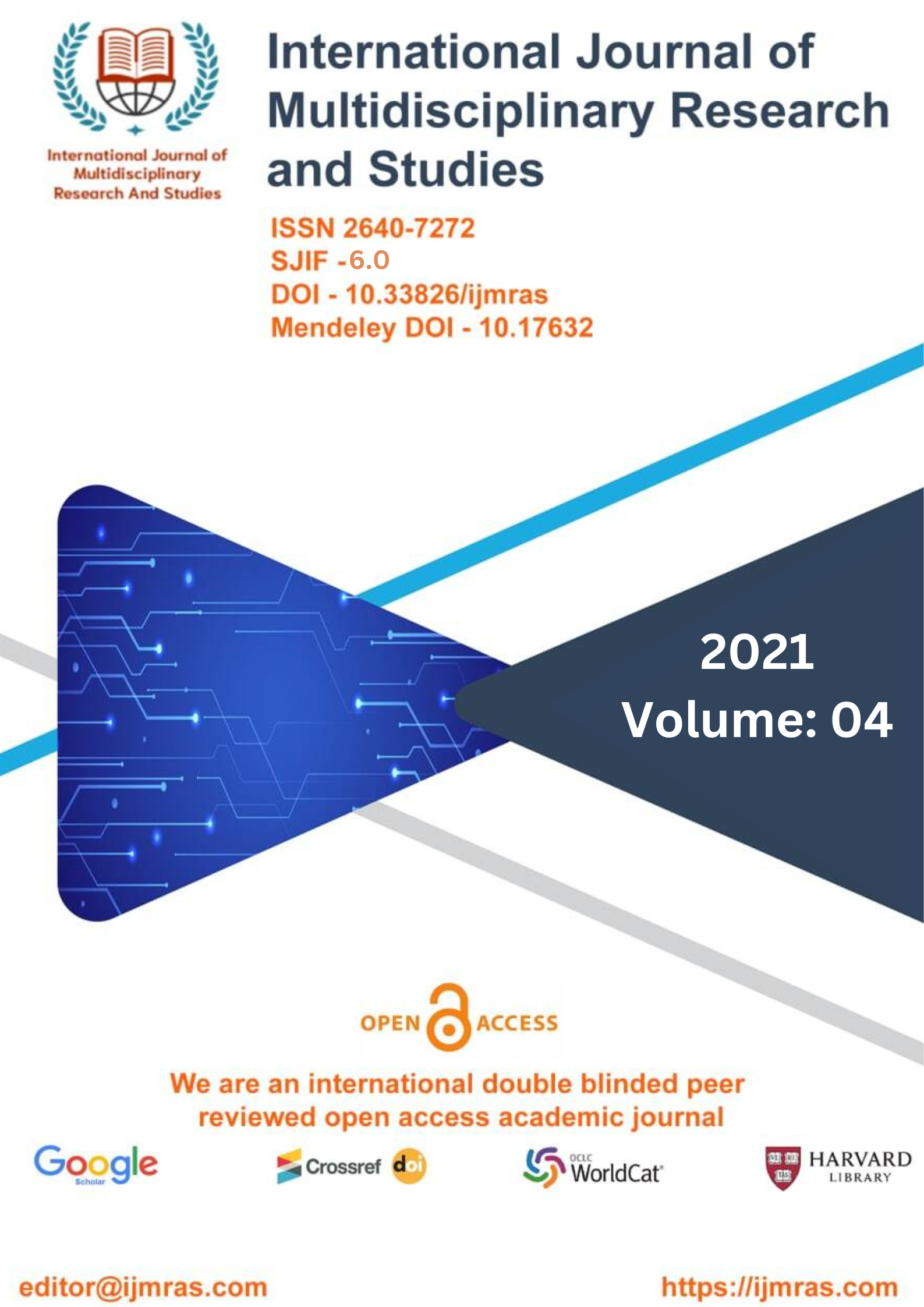FACTORS INFLUENCING POOR EXAMINATION PERFORMSNCE IN COMMERCIAL SUBJECTS IN SENIOR SECONDARY SCHOOLS

Abstract
In Tanzania, during the 1970s, a programme that emphasised vocationalization of the ordinary level secondary school curriculum was implemented. This was in accordance with the Arusha Declaration's Education for Self-reliance Policy that was implemented in 1967. When individuals completed their education at this level, the goal of the policy was to have them ready for the workforce so that they would be self- sufficient and able to start their own businesses (Nyerere, 1967). As a result of the Arusha Declaration, the Ministry of Education issued Circular No. 2 of 1972, which stipulated that secondary schools were required to provide students with the opportunity to study commercial topics, such as commerce and bookkeeping or accounts, which were considered to be among the more practical subjects (referred to as bias subjects). Another circular, known as National Education Circular No. 3 of 1974, was issued by the Ministry of Education in 1974. This circular provided greater elaboration on the disciplines that were considered to be practical (bias).
Keywords
commercial topics, secondary schools, Arusha DeclaratioHow to Cite
References
Adediwura, A. and Tayo, B. (2007). Perception of teachers’ knowledge, attitude and teaching skills as predictor of academic performance in Nigerian secondary schools. Educational Research and Review Vol. 2 (7), July 2007. Retrieved at http://www.academicjournals.org/ERR ISSN 1990- 3839 © 2007 Academic Journals. Retrieved on 31St October, 2012.
Adeyemi, T. O. (2008). Teachers’ teaching experience and students’ learning outcomes in secondary schools in Ondo State, Nigeria Educational Research and Review Vol. 3 (6), pp. 204-212, June 2008 retrieved in May , 2012 at http://www.academicjournals.org/ERR ISSN 1990-3839 ©2008 Academic Journals.
Akinsolu, A. O. (2010). Teachers and Students’ Academic Performance in Nigerian Secondary Schools: Florida Journal of Educational Administration &Policy Summer 2010.Volume 3, Issue 2.
Aremu, S. & Oluwole, B. (2003). The Development and Validation and Academic Performance. 5 Factor Inventory: An Unpublished Manuscript, Department of Guidance and Counseling, University of Ibadan, Ibadan.
Bayerlein, M. and M. Harris, C.L. (2004). Guiding the journey to collaborative Work by Sytems. Pleffer: San Francisco, California.
Bertalanfly, L. V. (1950). General system theory: Foundation, development, application. New York.Best, J. and Kahn, J. (2006). Research in Education: Beston Allyn and Bacon,Inc.
Bogdan, R. & Birklen, S. (1992). Qualitative research for education: An introduction to theory and methods. Boston: Allyn and Bacon, Inc.
Bregman, J. and Bryner, K. (2003). Quality of Secondary Education in Africa (SEIA). Association for the Development of Education Africa. Retrieved from www.adeanet.org/biennial2003/papers/7A_Bregman_ENG.pdf. on 12th December,2012.
Cambridge University Reporter. (2003). Indicators of academic performance: Retrieved
Christensen, L. J. & Menzel, K. E. (1998). The linear relationship between student reports of teacher immediacy behaviors and perceptions of state motivation and of cognitive, affective, and behavioral learning. Communication Education, 47, 82-90.
Csikszentmihalyi, M. (1990). Flow: The Psychology of Optimal Experience (New York: Harper and Row). Curzon 1990. Retrieved from http://mot-to- work.blogspot.com. on 3rd November,2012.
Csikszentmihalyi, M., Rathunde, K., & Whalen, S. (1993). Talented teenagers: The roots of success and failure:New York: Cambridge University Press.
Denscombe,M. (1998). The Good Research Guide: Open University Press,Buckingngham Philadelphia.
Dornyei, Z. (2001). Teaching and Researching Motivation: England: Pearson Education Limited.
Eggen, P. and Kauchak, D. (2001). Educational psychology: Windows onclassrooms. New Jersey Prentice Hall Inc.
License
Copyright (c) 2021 EKRAMUR RAHMAN

This work is licensed under a Creative Commons Attribution 4.0 International License.
Individual articles are published Open Access under the Creative Commons Licence: CC-BY 4.0.




